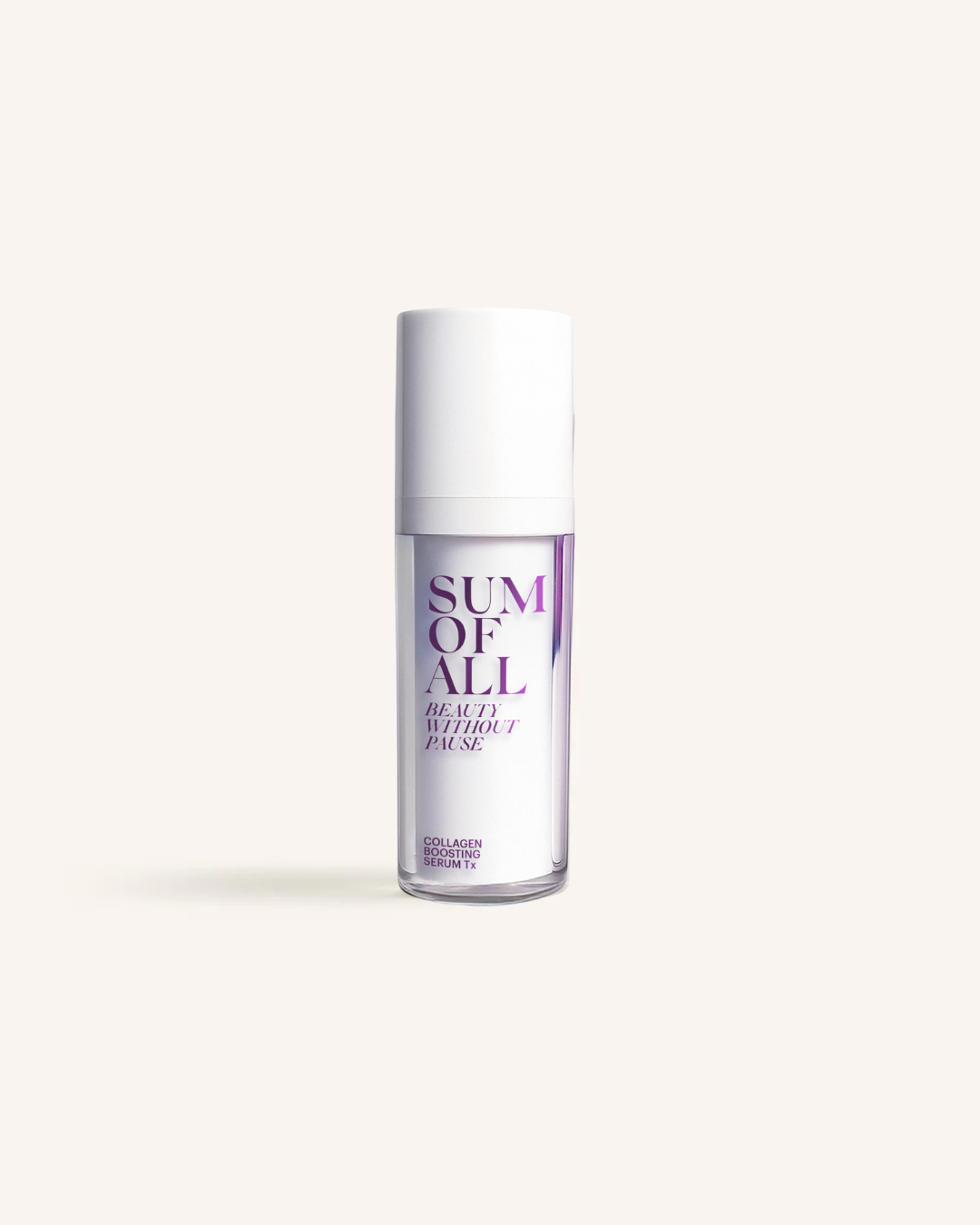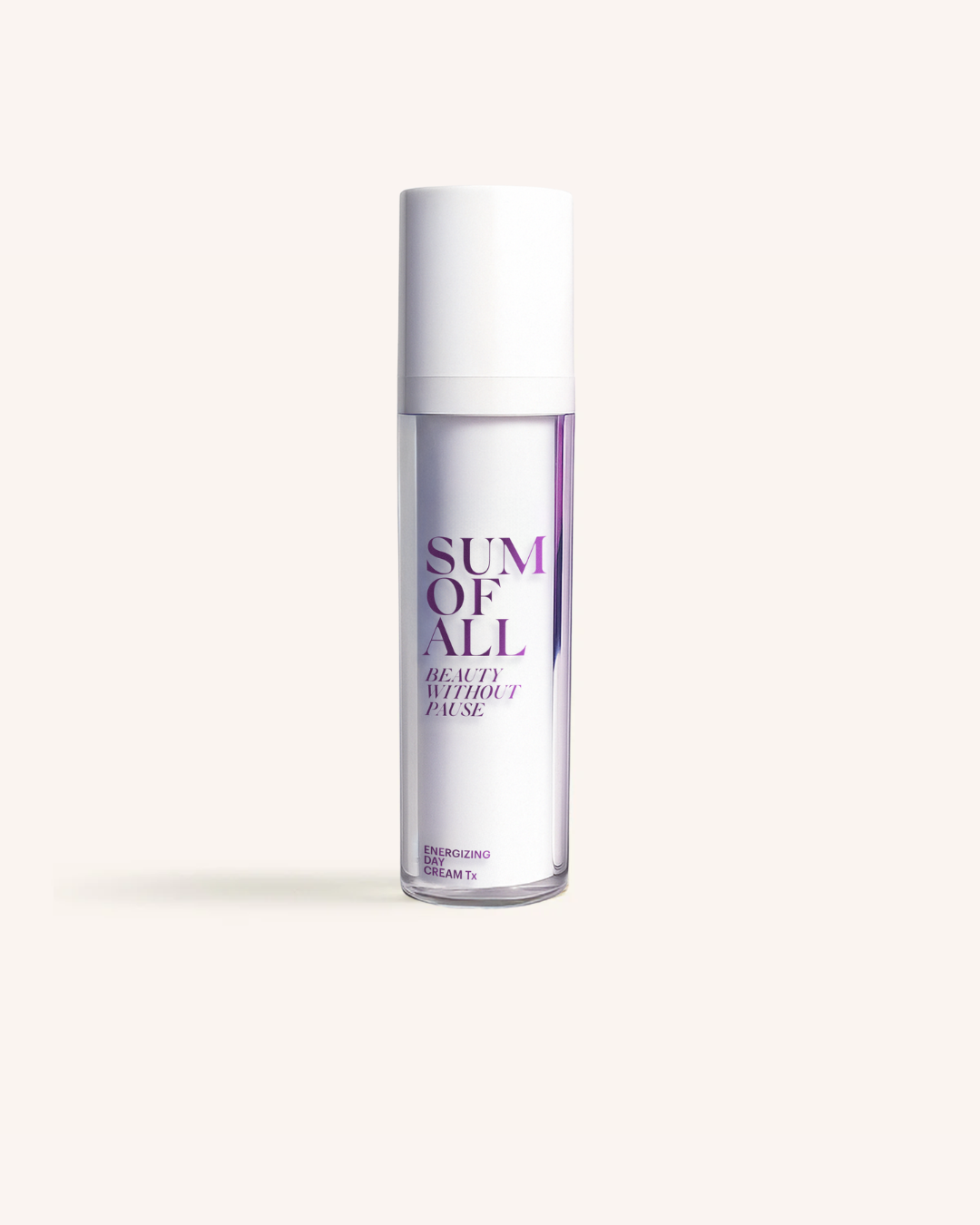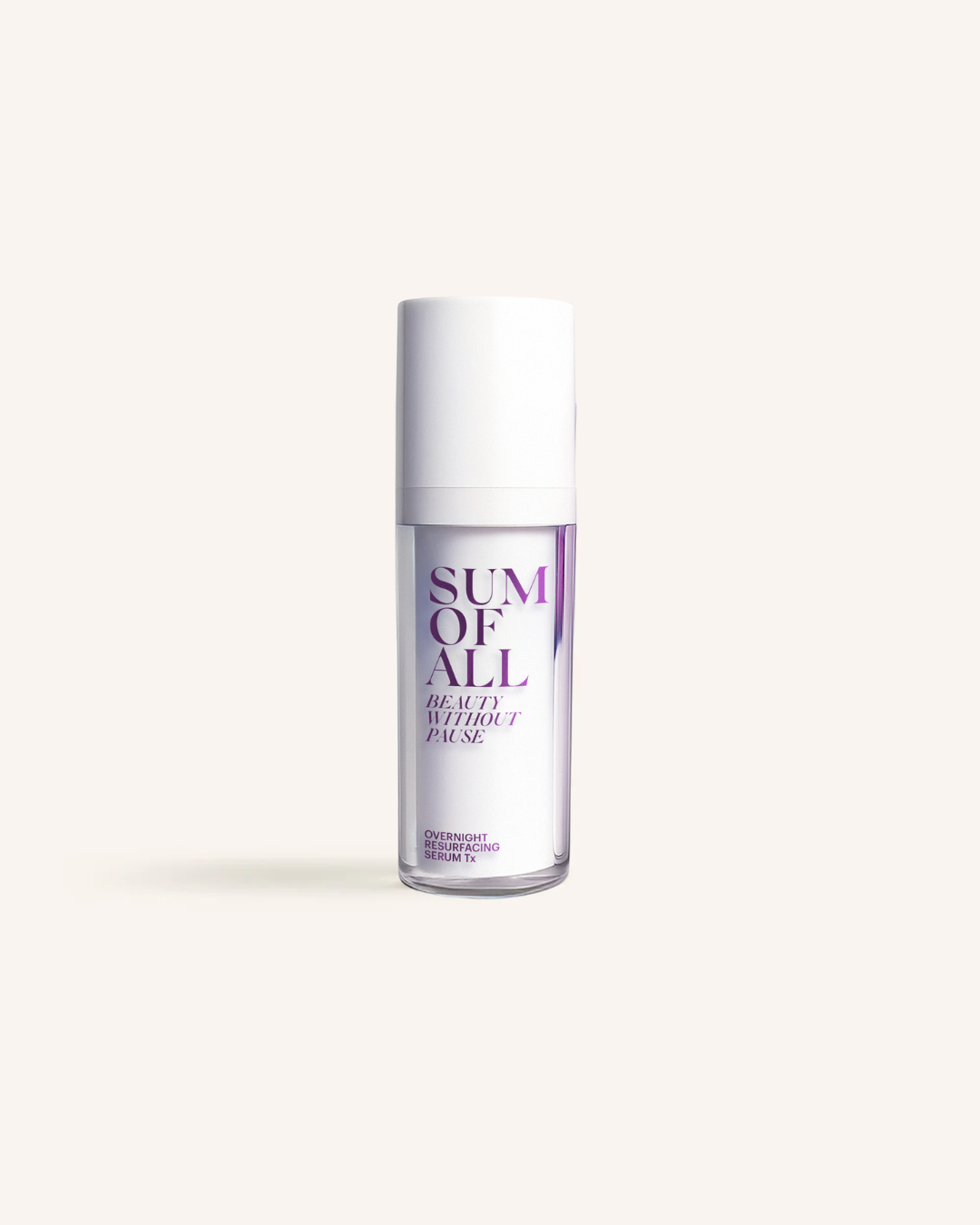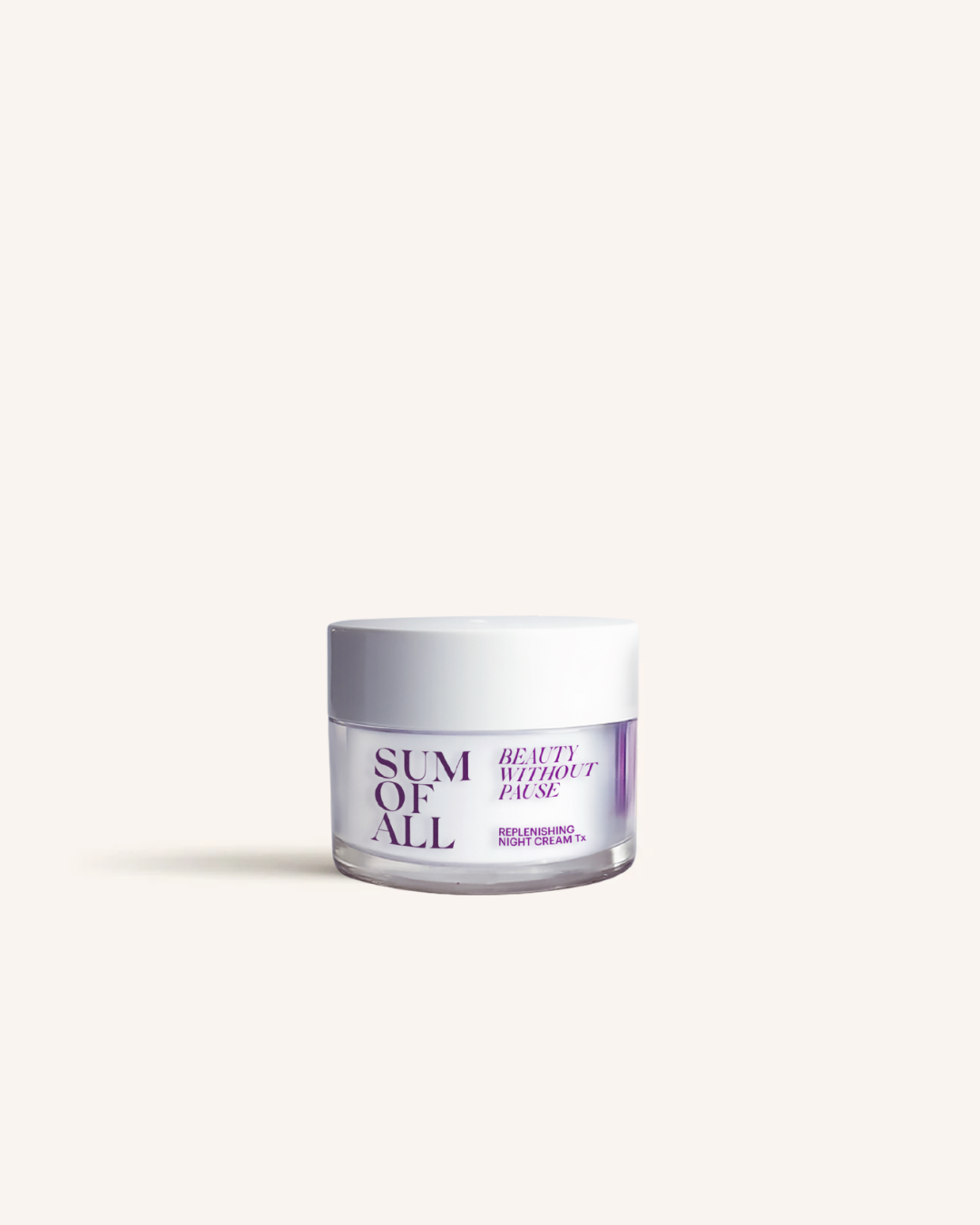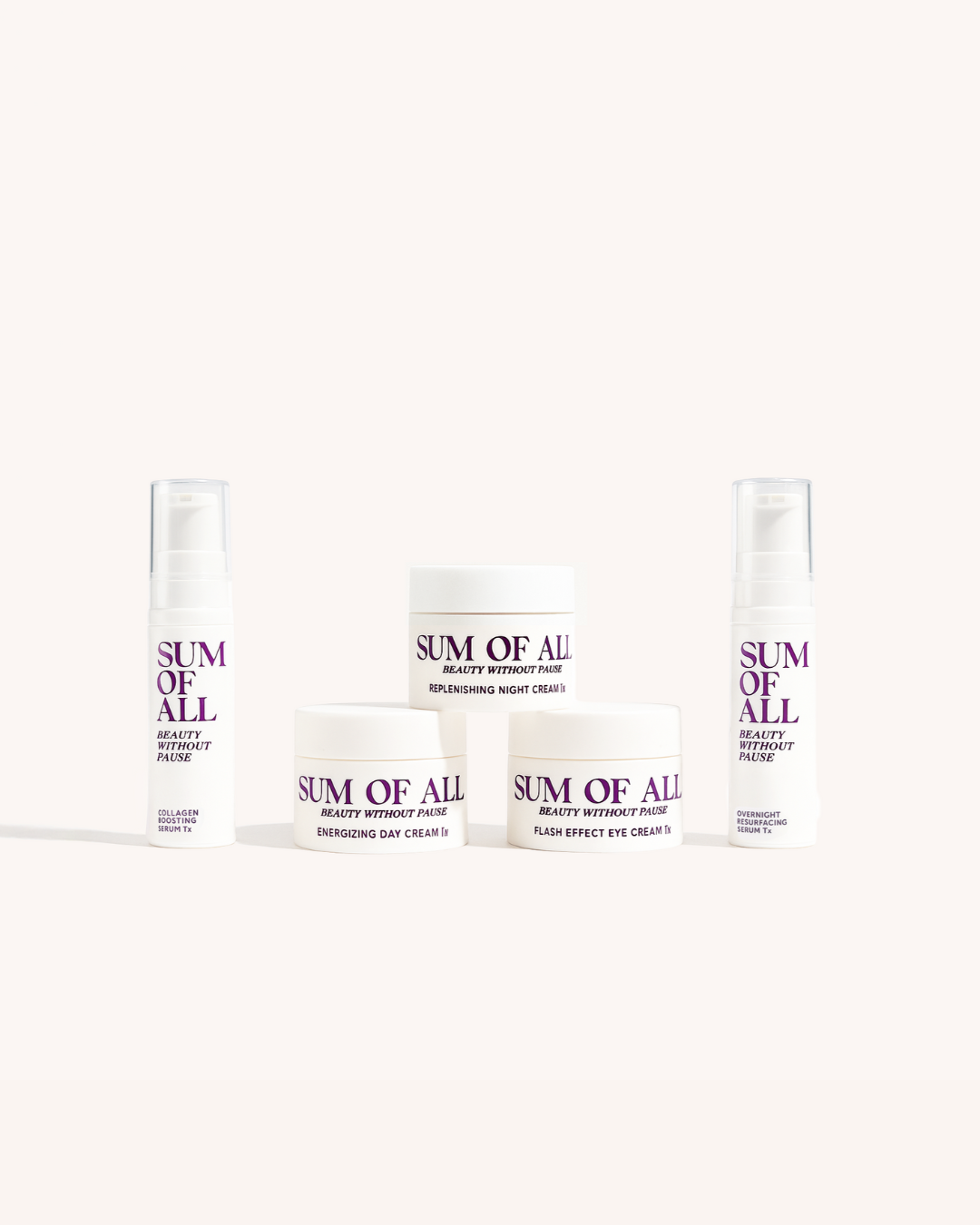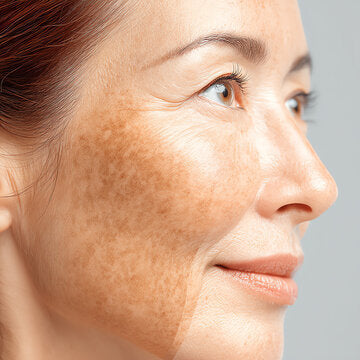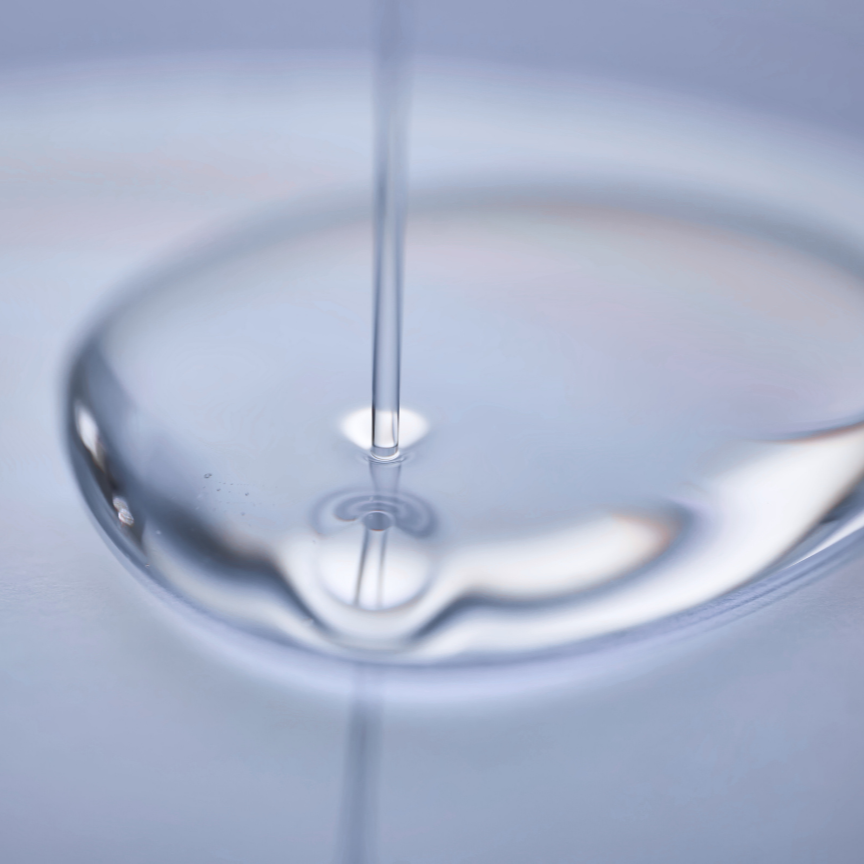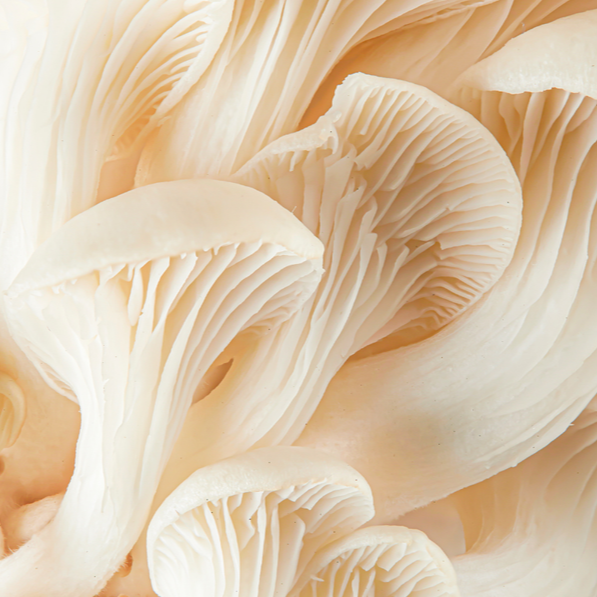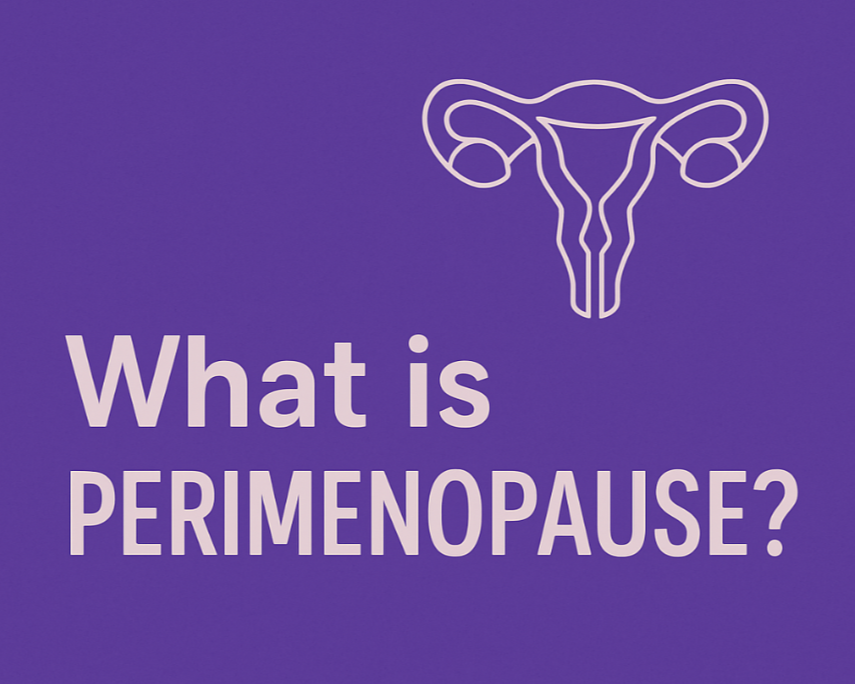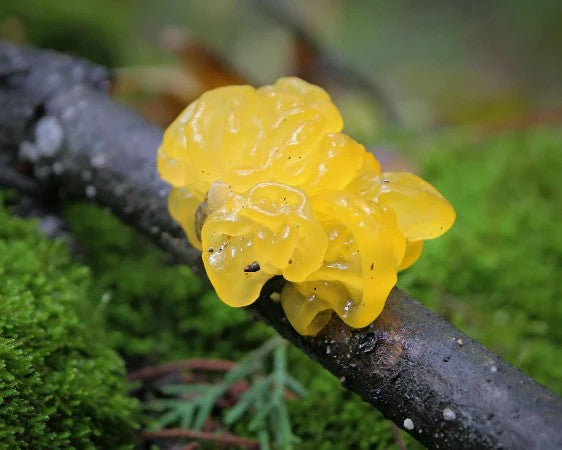Tremella fuciformis, commonly known as snow mushroom, is a jelly-like fungus revered in traditional Chinese medicine and now widely celebrated in skincare for its deeply hydrating and plumping properties.
Rich in polysaccharides, it acts as a natural humectant, drawing water into the skin and helping maintain a supple, luminous complexion.
Particularly beneficial for menopausal and perimenopausal skin, Tremella Mushroom supports hydration and elasticity without irritation, making it an ideal choice for sensitive, dry, or mature skin types. It’s also a key ingredient in our Collagen Boosting Serum.
A Brief History of Tremella in Skincare
For centuries, Tremella has been used in East Asia to promote longevity and beauty. Historical records suggest that it was consumed to improve skin clarity and preserve youthful moisture.
Its rise in modern skincare came when scientific research confirmed its exceptional water-binding capacity - comparable to, and in some cases exceeding, that of hyaluronic acid.
Today, Tremella extract is a sought-after ingredient in serums, moisturizers, and masks, known for its ability to deliver sustained hydration and enhance the skin’s resilience and smoothness.
How Tremella Mushroom Extract Supports Skin During Menopause
As estrogen levels decline during menopause, the skin’s natural ability to retain moisture weakens. This results in dryness, dullness, and the formation of fine lines. Tremella helps address these issues with lightweight yet powerful moisture-retaining action that supports the skin barrier and promotes visible smoothness.
Common Skin Symptoms During Menopause and How Tremella Mushroom Extract May Help
-
Dryness and dehydration: Acts as a humectant to deeply hydrate and restore moisture balance.
-
Loss of elasticity or plumpness: Provides a bouncy, hydrated look that improves suppleness.
-
Fine lines from dryness: Smooths and plumps the skin’s surface for a softer appearance.
-
Dull or uneven tone: Restores glow and radiance through improved hydration.
-
Compromised barrier: Reinforces the skin’s natural protective barrier.
-
Increased sensitivity: Gentle and soothing, suitable for easily irritated skin.
-
Slower surface renewal: May support renewal when combined with gentle exfoliating actives.
Visible Results with Consistent Use
Consistent use of Tremella extract delivers visibly improved hydration, elasticity, and texture. Studies show that Tremella polysaccharides help retain moisture and improve skin smoothness, making it an excellent addition to menopausal skincare routines.
It works well alone or alongside other hydrating and strengthening ingredients such as hyaluronic acid, peptides, and lipid-rich plant oils. Ideal for both day and night use, Tremella leaves skin soft, calm, and naturally plump - without heaviness or residue.
Alternative Names and Labeling Terms
On ingredient labels, Tremella Mushroom may appear under:
-
Tremella Fuciformis Extract
-
Snow Mushroom Extract
-
Silver Ear Mushroom Extract
-
Tremella Polysaccharides
-
Jelly Fungus Extract
All these refer to bioactive components derived from the fruiting body of the Tremella mushroom, known for their exceptional water-retaining and skin-conditioning benefits.
Used in: Collagen Boosting Serum
This content is intended for educational purposes only and does not replace medical advice. For tailored skincare recommendations, please consult a qualified professional.
Sources
Zhao, C., et al. (2021). Tremella fuciformis polysaccharides and their applications in cosmetics. Polymers. https://pubmed.ncbi.nlm.nih.gov/34518826/
Papakonstantinou, E., Roth, M., & Karakiulakis, G. (2012). Hyaluronic acid: A key molecule in skin aging. Dermato-Endocrinology. https://pubmed.ncbi.nlm.nih.gov/30863896/
Read more

Menopause is a natural biological process marking the end of a woman's reproductive years, typically occurring between the ages of 45 and 55. This transition is characterized by a decline in estrog...

Self-care has somehow turned into just another task on our to-do list, a quick routine before bedtime, something we feel obligated to do. But genuine self-care isn’t a chore; it’s a retreat. For ma...


